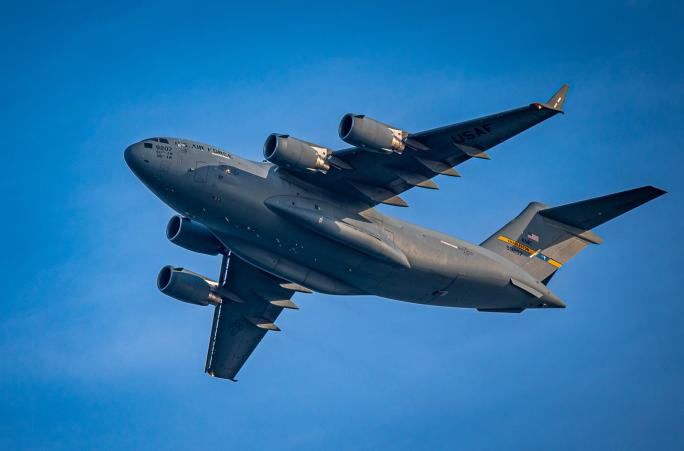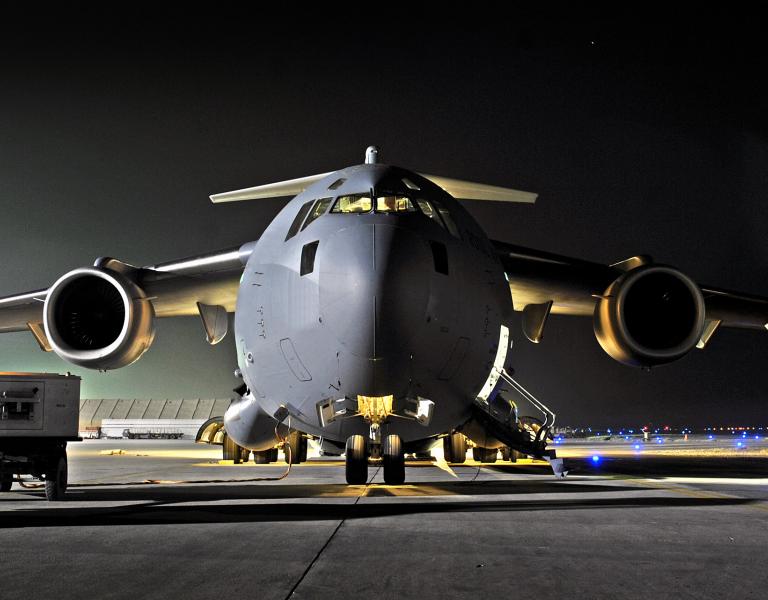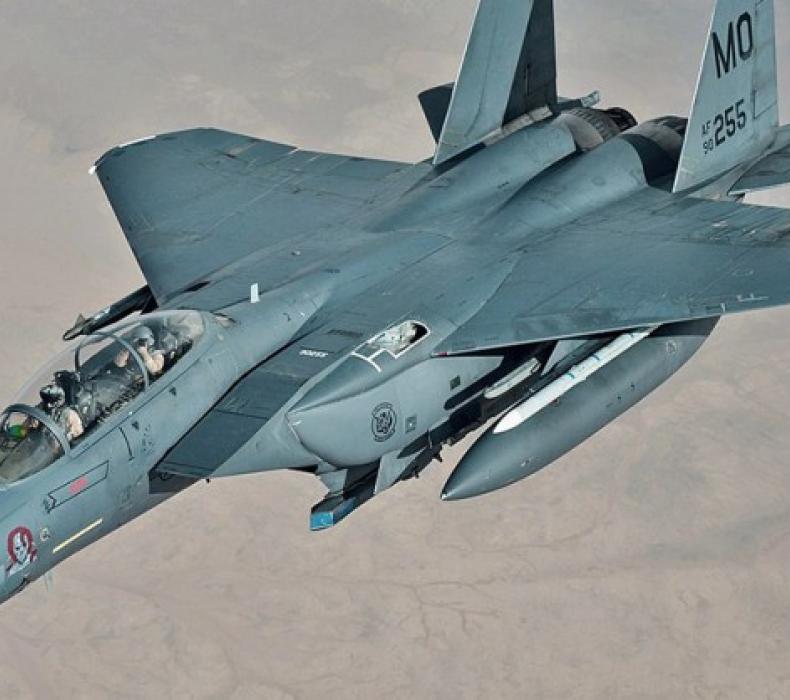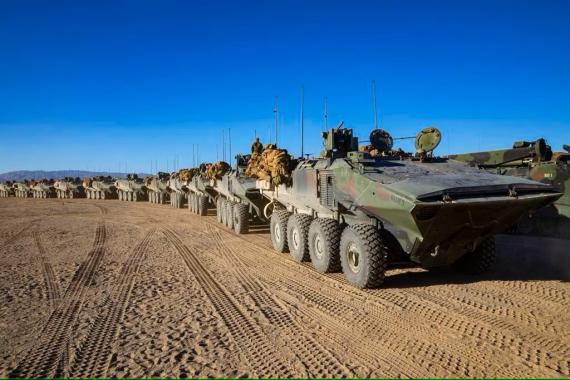

Modeling and Simulation Logistics in Contested Environments
Contested logistics refers to the challenges and risks associated with supplying and sustaining military operations in contested or hostile environments. This includes difficulties in transporting personnel, equipment, and supplies due to enemy actions, such as attacks on convoys or the destruction of critical infrastructure.
Supply chain simulation software plays a critical role in logistics modeling, helping military planners develop robust supply chain models to optimize operations in such high-risk conditions. Beyond transportation risks, contested logistics also involves communication and coordination challenges between different military units and logistics specialists, requiring advanced logistics network planning and execution. This can include logistics providers, such as transportation companies and supply chain management firms, as well as military personnel responsible for planning and executing logistical operations.
Military organizations must also rapidly adapt to changing circumstances, ensuring service levels remain high while minimizing disruptions. Effective supply chain simulation tools allow analysts to exchange real-time data, model potential risks, and optimize logistics solutions to sustain operational readiness. In addition to military organizations, other stakeholders who may benefit from an understanding of contested logistics include policymakers and analysts involved in national security and defense, as well as companies engaged in supply chain operations
that support military logistics, such as defense contractors and technology firms.
Understanding the challenges and risks associated with contested logistics can help these stakeholders better anticipate and mitigate potential disruptions by leveraging simulation models to assess vulnerabilities and optimize strategies. This ultimately improves supply chain operations, enhances preparedness, and ensures better outcomes for all involved parties.
Why Contested Logistics is Critical for Military and Defense Operations:
Contested logistics analysis is vital for military operations in multiple domains, where joint forces must coordinate complex logistics networks to ensure mission success. Here are a few key reasons:
- Operational success: Effective logistics is critical to the success of military operations. Without a steady supply of personnel, equipment, and supplies, military forces can quickly become incapacitated, making it difficult to achieve operational objectives.
- Risk management: In a contested environment, logistics operations are subject to a variety of risks, including attacks on supply convoys and critical infrastructure.By understanding these risks as well as the potential consequences and implementing strategies to mitigate them, military organizations can minimize the potential impact of disruptions on operations.
- Resource allocation: Advanced supply chain simulation software can improve safety stock estimation, ensuring that the right resources are allocated where they are needed most. This includes pre-positioning assets and resources, or funneling resources to the most critical locations early on to best mitigate the negative impacts.
- National security: Contested logistics is a key component of national security, particularly in the context of conflict situations. Ensuring that military forces have the resources they need to operate effectively at all stages of the fight can help protect national interests and safeguard citizens. Strengthening logistics network resilience.
Contested logistics analysis is a critical component of military operations and has significant implications for national security and defense
The Growing Importance of Supply Chain Resilience in the Real World
The prolonged conflict between Russia and Ukraine, coupled with rising tensions in the Pacific theater, highlights the growing importance of logistics resilience in future conflicts.
For the first time since World War II, joint force logistics capabilities will be contested, putting America’s ability to project power at risk. A robust supply chain model, enhanced by supply chain simulation software, is essential to mitigating vulnerabilities and maintaining combat readiness.
Opus Suite provides a range of solutions to help address challenges associated with contested logistics. Here are a few examples:
- Risk analysis: Opus Suite includes tools for identifying and analyzing risks to logistics operations, including supply chain disruptions, equipment failures, and security threats. By assessing the likelihood and potential impact of different risks, military organizations can develop strategies to mitigate negative effects.
- Optimization: Opus Suite provides a range of optimization tools for logistics operations, including, inventory management, and maintenance scheduling. By optimizing logistics operations, military organizations can increase operational effectiveness, even in contested environments.
- Simulation: Opus Suite includes simulation capabilities that allow military organizations to model and test logistics scenarios, identifying potential vulnerabilities and developing effective response strategies. This helps organizations prepare for and mitigate the risks associated with contested logistics.
- Integrated analytics: By providing up-to-date analysis on logistics operations,Opus Suite helps organizations make more informed decisions and respond more effectively to disruptions.
By leveraging supply chain simulation, Opus Suite helps military planners enhance joint force logistics operations and increase agility in contested environments.
Systecon and Opus Suite: Enhancing Military Readiness
Systecon and Opus Suite have been used in numerous military logistics projects, helping optimize logistics networks for enhanced efficiency and resilience. For example, Systecon has worked with the US Navy to optimize maintenance schedules for shipboard equipment, while the US Air Force has used Opus Suite to optimize logistics operations in contested logistics scenarios.
Systecon and Opus Suite have helped in:
- Identifying vulnerabilities in supply chain models and mitigating risks.
- Optimizing transportation routes to minimize exposure to enemy threats.
- Predicting and planning for supply chain disruptions using supply chain simulation software.
- Simulating logistics scenarios to test response strategies and improve overall readiness.
Opus Suite provides a range of solutions for addressing the challenges associated with contested logistics, including risk analysis, optimization, simulation, and integrated analytics. By leveraging these capabilities, military organizations become more agile and responsive in contested environments, allowing them to make more informed decisions while minimizing the risks associated with logistics operations.
Systecon and Opus Suite can provide insights or decision support to mitigate the consequences of the Contested Logistics environment. Systecon and Opus Suite offer powerful capabilities for optimizing and managing logistics operations, which are critical in contested environments where risks and uncertainties are high.
US Air Force Agile Combat Employment (ACE) and Systecon
The US Air Force is actively working with Systecon on Agile Combat Employment (ACE) concepts, demonstrating the power of advanced analytics and optimization tools in contested logistics environments.
The goal of the effort is to develop a system level decision model to provide support to USAF Air Mobility Command (AMC) and increase the agility and responsiveness of Air Force logistics operations, particularly in situations where traditional supply chain methods were disrupted or inaccessible.The effort has now undertaken projects on the operation effectiveness of the KC-135 and the C-17.
As part of the effort, Systecon utilizes its Opus Suite software to model logistics operations and simulate multiple scenarios. The software optimizes the placement of spare parts, logistics teams, and equipment and provides an optimized spare parts kit to be transported with the assets in order to maximize operational readiness and minimize the risks associated with a contested logistics environment.
The ACE effort consists of a number of exercises and demonstrations, including a deployment exercise in which spare parts, logistics personnel and equipment were rapidly deployed to multiple simulated forward operating base. The US Air Force partnership with Systecon demonstrates the potential of advanced analytics and optimization tools to support logistics operations in a contested environment, helping military organizations become more agile and responsive in the face of changing circumstances and potential disruptions.
Read more about Opus Suite
Contact us to learn more




